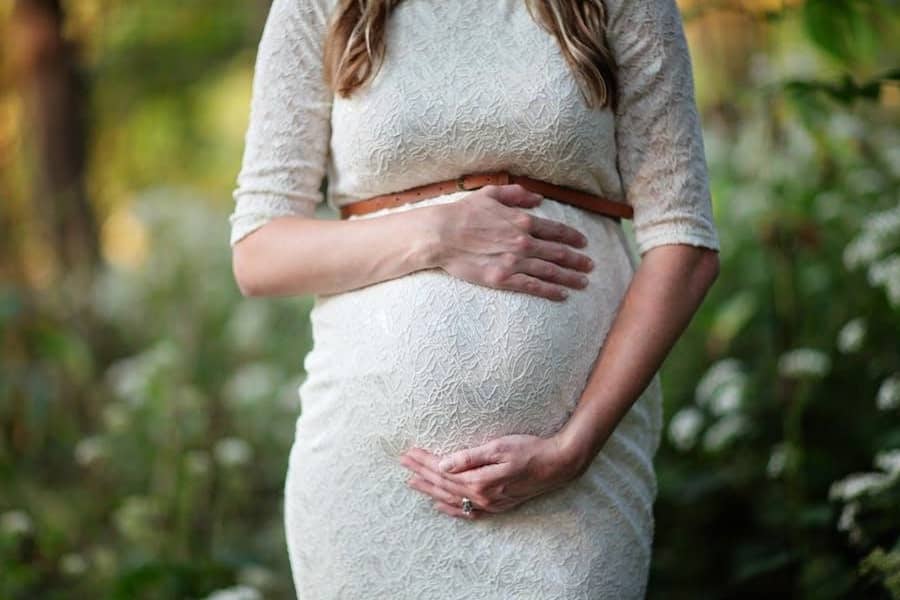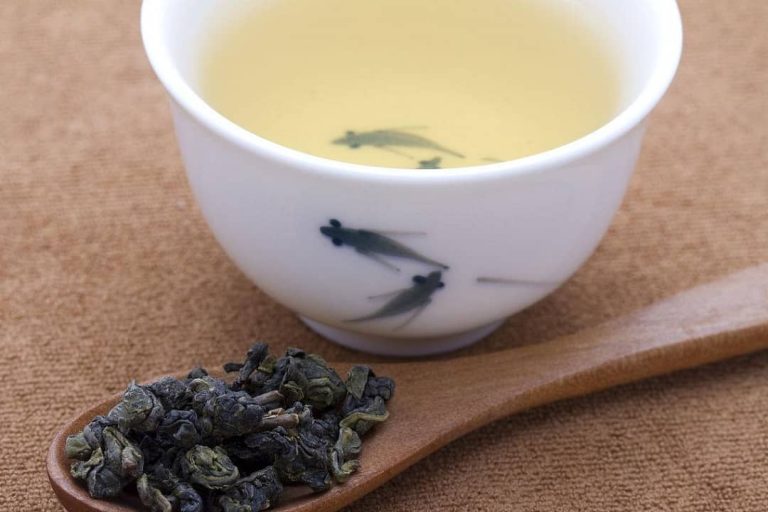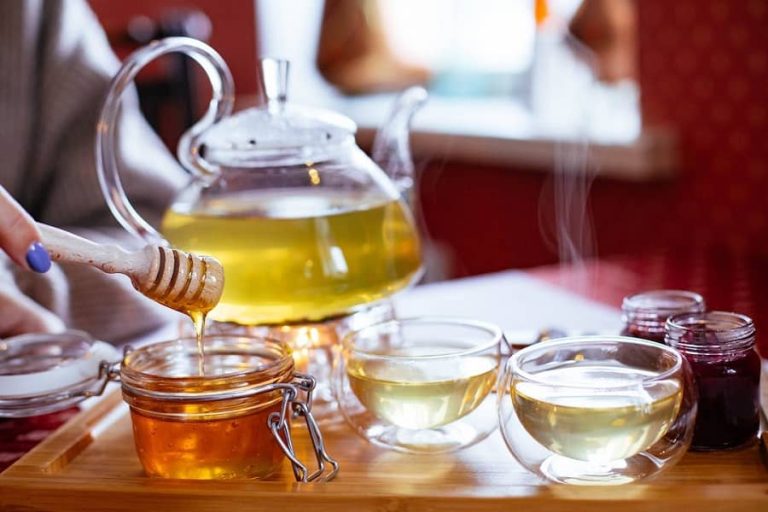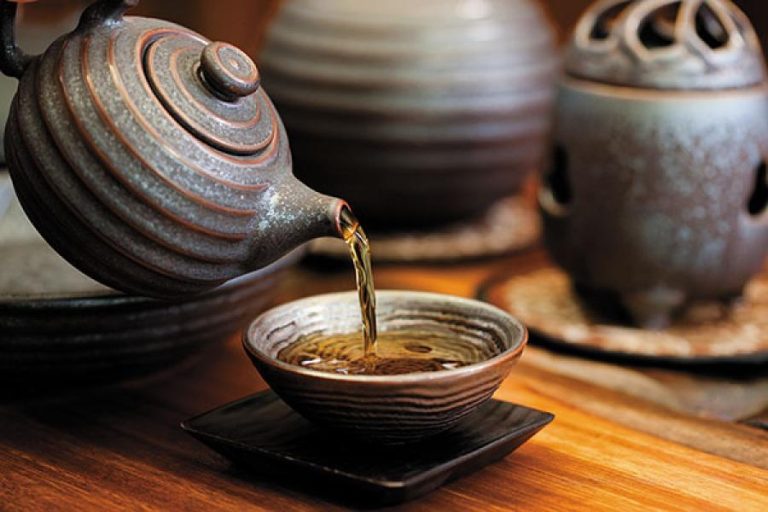The Benefits of Drinking Tea During Pregnancy

Tea is a widely enjoyed beverage around the world, known for its flavorful taste and potential health benefits. When it comes to pregnancy, maintaining a healthy lifestyle becomes crucial for both the mother and the developing baby. In this article, we will explore the benefits of drinking tea during pregnancy and the types of tea that are recommended for expectant mothers.
I. Types of Tea Recommended for Pregnant Women
Herbal Teas:
One popular choice among pregnant women is chamomile tea. Known for its soothing properties, chamomile tea can provide stress relief and promote relaxation, which is beneficial during pregnancy. Additionally, it may help improve sleep quality, allowing expectant mothers to rest more comfortably.
Peppermint tea is another herbal option that is safe for consumption during pregnancy. It has been found to alleviate symptoms of digestive issues such as bloating and nausea, which are common discomforts experienced by pregnant women. Moreover, peppermint tea is a natural remedy for headaches and muscle aches, offering some relief without resorting to medications.
Green Tea:
Green tea is rich in antioxidants, making it a great choice for pregnant women. Antioxidants help protect against cellular damage, which is particularly important during pregnancy when the body undergoes significant changes. Green tea has also shown potential in preventing preeclampsia, a condition characterized by high blood pressure during pregnancy.
Compared to coffee or black tea, green tea has a lower caffeine content. This is advantageous as excessive caffeine intake should be avoided during pregnancy. By opting for green tea, expectant mothers can reduce the risk of consuming too much caffeine and minimize its potential adverse effects on the baby’s development.
II. Considerations and Precautions
Moderation is key when it comes to tea consumption during pregnancy. While herbal teas are generally safe, it is important to keep track of caffeine intake. Limiting caffeine is necessary to avoid potential complications. Balancing different herbal tea varieties can also help ensure a diverse nutrient intake.
Each individual may have different sensitivities and allergies, so it is recommended to consult a healthcare provider before trying new teas during pregnancy. This is particularly crucial for women with known allergies or medical conditions, as certain herbs may trigger allergic reactions or have adverse effects on their health.
III. Potential Risks and Avoidances
There are herbal teas that should be avoided during pregnancy due to their potential to stimulate uterine contractions. Some herbs, such as black cohosh and pennyroyal, have been associated with an increased risk of miscarriage or preterm labor. It is important to be aware of the safety profiles of specific herbs and avoid consuming them during pregnancy.
Caffeine-rich teas, including black tea, should be consumed with caution during pregnancy. Black tea contains higher levels of caffeine compared to green tea or herbal teas. Pregnant women are advised to keep track of their total daily caffeine consumption and ensure it falls within the recommended limits.
IV. Safe Brewing and Preparing Methods
To ensure the safety of tea consumption during pregnancy, it is important to follow proper brewing and preparing methods. Optimal steeping times and water temperatures will help extract desired flavors and benefits without compromising on safety. Additionally, proper handling and cleaning of tea accessories, such as cups and infusers, will minimize the risk of contamination.
FAQ About Drinking Tea During Pregnancy
- Is it safe to drink tea during pregnancy?
Yes, it is safe to drink certain types of tea during pregnancy, such as herbal teas and green tea. However, moderation is key and it’s important to be aware of potential risks and avoidances. - What types of tea should I avoid during pregnancy?
It’s recommended to avoid teas containing high levels of caffeine, as well as specific herbs such as black cohosh and pennyroyal that have been associated with an increased risk of miscarriage or preterm labor. - Can drinking tea during pregnancy cause miscarriage?
Certain herbs in teas can potentially trigger uterine contractions and increase the risk of miscarriage. It’s important to be aware of the safety profiles of specific teas and avoid consuming them during pregnancy. - How much tea is safe to drink during pregnancy?
Moderation is recommended when it comes to tea consumption during pregnancy. It’s important to limit caffeine intake and balance different herbal tea varieties to ensure a diverse nutrient intake. - Can drinking tea during pregnancy have any benefits?
Yes, drinking certain types of tea during pregnancy can offer several benefits, ranging from relaxation and stress relief to antioxidant protection and improved digestion. - What are the best types of tea to drink during pregnancy?
Herbal teas such as chamomile and peppermint, as well as green tea, are popular choices among pregnant women due to their various health benefits. - Does tea consumption during pregnancy affect the baby?
Excessive caffeine intake through tea consumption can potentially lead to adverse effects on the baby’s development. It’s important to keep track of total daily caffeine consumption and ensure it falls within the recommended limits. - What are the risks of drinking tea during pregnancy?
Consuming certain teas, such as those containing high levels of caffeine or certain herbs, can potentially increase the risk of miscarriage or preterm labor. It’s important to be aware of the safety profiles of specific teas and avoid consuming them during pregnancy. - Can drinking tea help with morning sickness?
Certain herbal teas, such as peppermint tea, have been found to alleviate symptoms of digestive issues such as bloating and nausea, which are common discomforts experienced by pregnant women. - Is it safe to drink hot tea during pregnancy?
Drinking hot tea is generally safe during pregnancy, as long as it’s not scalding hot. High temperatures can burn your mouth and throat, which can lead to discomfort. It’s recommended to let hot tea cool down to a comfortable temperature before consuming.
Conclusion:
Drinking tea during pregnancy can offer several benefits, ranging from relaxation and stress relief to antioxidant protection and improved digestion. However, it is essential to exercise moderation and consider individual circumstances and sensitivities. Consulting healthcare providers for personalized advice is key to ensuring a safe and enjoyable tea-drinking experience throughout pregnancy. Remember, every pregnancy is unique, so it’s important to prioritize your health and the well-being of your baby above all else.
















